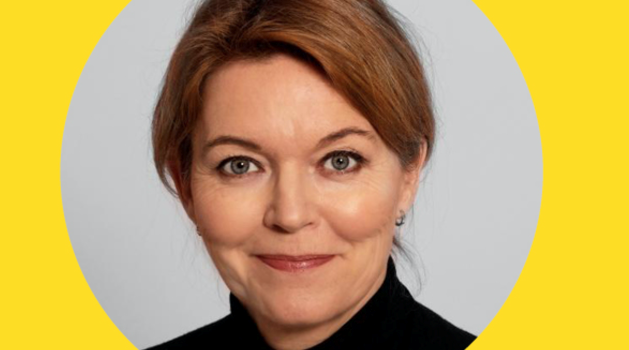I was educated in the classics – in Greek and Roman culture and philosophy. That’s likely why the renaissance has always fascinated me. The renaissance marked a rediscovery of Greek and Roman ideals, including the writings of Roman stateman, philosopher and scholar Cicero, who spoke of the moral duty of the state to govern in harmony with the universal principles of nature, and in accordance with the principles of equality, liberty and rule of law – principles that have inspired modern democracies and provided the tenets of the United Nations.
The human race is extraordinary for its resilience. In fact, throughout the ages, some of the greatest leaps forward for humanity have happened after deep and enduring crises.
The renaissance took off from the devastating impacts of the bubonic plague. It was a rebirth of knowledge and reason and changed the world in just about every way we can think. To make sense of the world – of light and shadow, the human anatomy, the laws of gravity, of cosmos and how we fit in: The coming together of art, philosophy and science collectively pushed the boundaries of what we know and what we can achieve.
It’s time for a re-birth of knowledge and reason
I am hopeful that while COVID-19 has rocked our foundation as a global community, it has also brought a new sense of enlightenment: Of the urgent need to transform the way we consume, invest and live together as a global society.
We need a return to knowledge and reason anchored in the laws of nature and founded on the principles of putting every person’s freedoms and rights first. Importantly, we need to come together with a new sense of discovery and curiosity in search of new logics of enterprise. These new logics need to establish that economies thrive when humanity thrives. That humanity can only prosper when the planet and everything living thrives. That the success of all of us hinges upon our ability to leave no one behind. That business wins when society wins.
We are at an inflection point
I am by nature an optimist: I truly believe that we are at an inflection point. Just last week, the G7 leaders met in Cornwall to accelerate their ambitions for climate, nature and a resilient global economy that will deliver prosperity and wellbeing for all people. They emphasized the power of democracy, freedom, equality, the rule of law and respect for human rights to answer the biggest questions and overcome the greatest challenges.
This is a return to reason and a wake-up call. In the lead-up to COP26, many of the world’s largest and most influential businesses are committing to decarbonize their value and supply chains. And investors and stakeholders are challenging the greatest CO2 emitters to significantly raise their ambition.
A crucial role for science and learning
In a fast-changing world, we need to learn fast. Collectively.
That’s also why now is the time for academic institutions to step up. They need to help us challenge the status quo, to point us in the direction of the next horizon of possibilities. Conversely, academia needs to bring the experience and pragmatism of business into their labs. Together, we can discover a new logic of enterprise that can catalyze capitalism and economic systems to deliver the world we want. We can experiment to make business models circular, regenerative, net-zero and socially inclusive. And we can shape the leadership ideals that embody the values and traits which can accelerate the transformation.
The Leonardo Centre on Business for Society
Leonardo da Vinci said: “Learn how to see. Realize that everything connects to everything else”.
This week, Imperial College London are launching their new Leonardo Centre on Business for Society. Not surprisingly, renaissance-man Leonardo da Vinci has inspired this new initiative.
The Leonardo Centre is an open invitation to the most pioneering and forward-looking businesses to de-learn and re-learn how to see the role of business in a changing world; to co-create and experiment together with some of the world’s leading minds and innovators in search for new practices and solutions. The Centre will provide a strong platform for combining business experience and scientific research in search of new logics of enterprise for the world want.
As the Chair of the Advisory Board of Leonardo, I am excited about the mission of the Centre, and grateful to the leadership of Imperial for their vision and foresight. I am convinced that initiatives like these, born out of the academic tradition, could spark a new renaissance of knowledge and reason anchored in universal humanistic values.
Read the full article on LinkedIn here.
